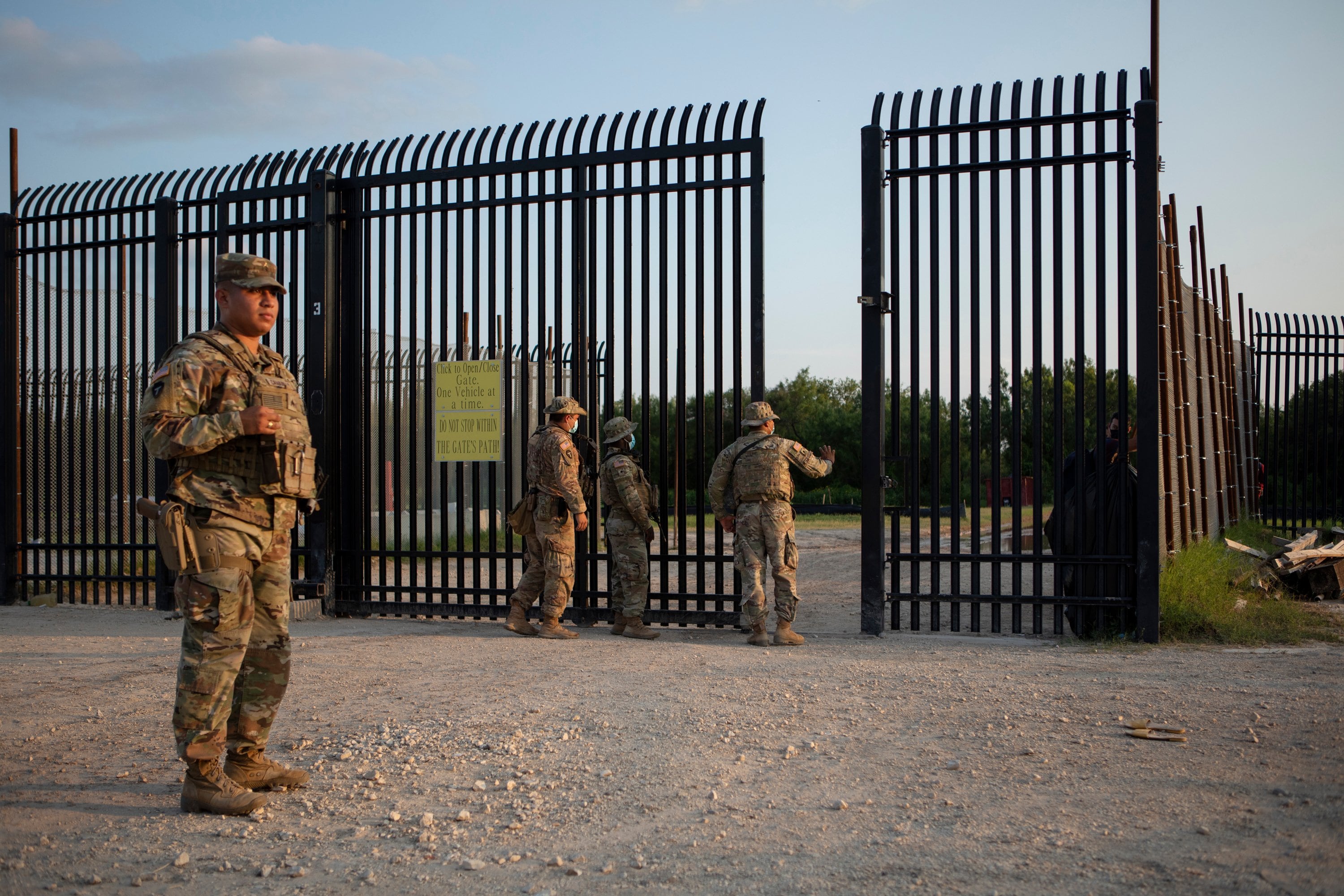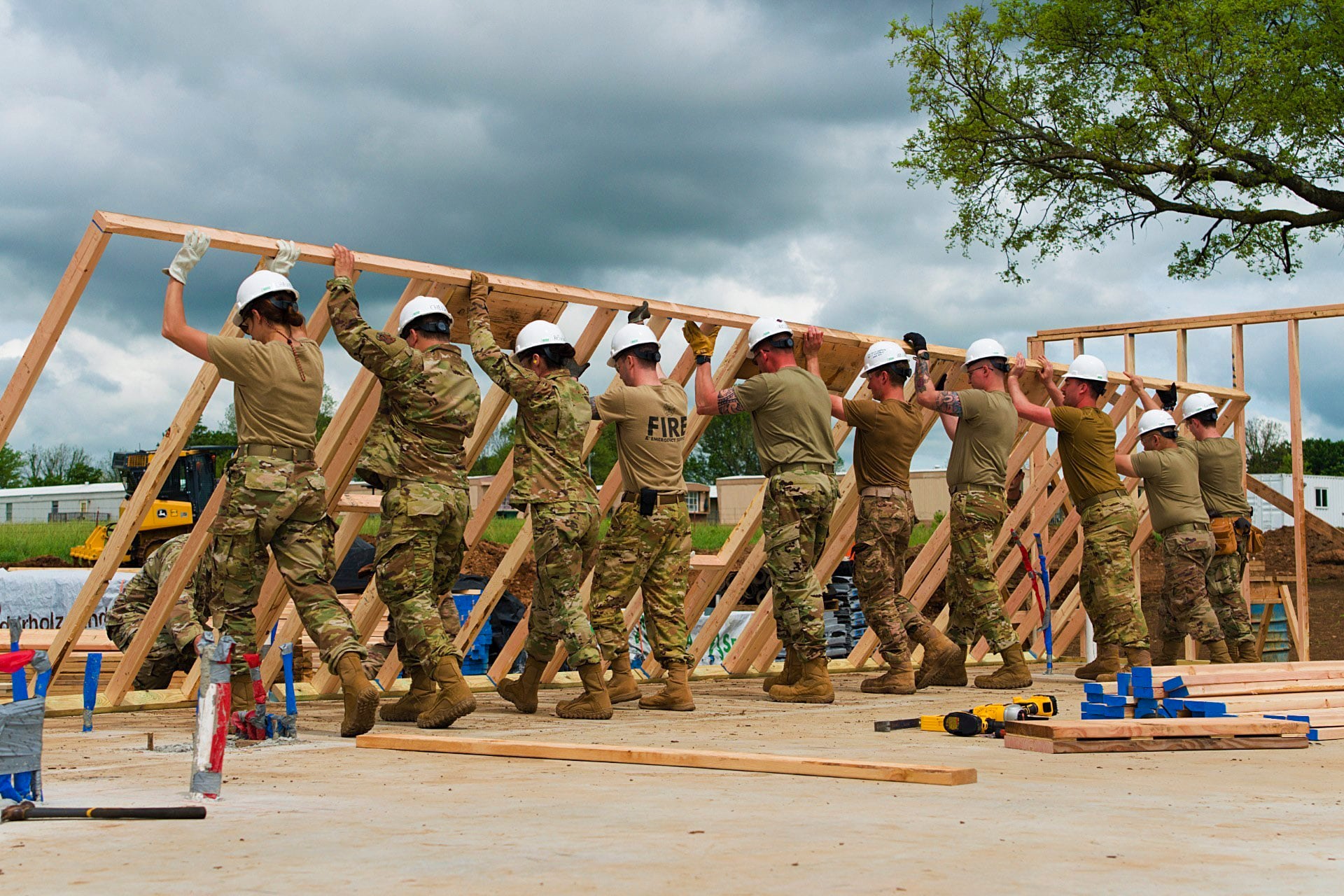In the wake of a Justice Department filing declaring that National Guard troops can form and join unions while serving on state active duty orders, a growing number of Texas troops assigned to the U.S.-Mexico border for Operation Lone Star have organized under an existing public sector union.
The first meeting of the Texas State Employees Union’s Military Caucus, which consists of troops on state active duty orders assigned to the border, is scheduled for next week, according to a soldier leading organizing efforts. The soldier requested anonymity due to fear of retaliation from Texas Military Department leadership ahead of the meeting.
RELATED

The soldier affiliated with the union, whose identity Army Times has verified, posted about the upcoming meeting in a Reddit community dedicated to sharing news about the border mission.
They are the first-known troops to organize while in a state active duty status, though a small subset of full-time Guard troops, dual-status technicians, are already unionized in their civilian capacity as federal employees.
Union officials did not immediately respond to requests from Army Times, nor did the Texas Military Department.
A federal law prohibiting members of the military from organizing unions “does not apply to Guard members on state active duty or in the Inactive National Guard,” DoJ lawyers wrote in a court filing last month.
Typically, state active duty missions — where Guard members are temporary state employees rather than members of the federal military — are short-lived stints of disaster response that make organizing impractical.
But Army Times previously reported that Texas could prove an exception to those constraints due to the massive scale and long-term nature of the state active duty mission at the border.
RELATED

Operation Lone Star has been plagued with well-documented problems involving living conditions, equipment and pay.
“We’re hoping to improve all [those] things,” said the soldier leading organizing efforts.
Texas Military Department officials have insisted that such problems were unavoidable, and they have taken some steps to improve them, though problems remain.
The soldier leading organizing efforts is also hopeful that the union can press Texas Guard leaders into being more transparent about end-of-mission requests for involuntarily activated troops who want to go home.
Davis Winkie covers the Army for Military Times. He studied history at Vanderbilt and UNC-Chapel Hill, and served five years in the Army Guard. His investigations earned the Society of Professional Journalists' 2023 Sunshine Award and consecutive Military Reporters and Editors honors, among others. Davis was also a 2022 Livingston Awards finalist.





